There has been a lot of information in the news about health care reform and how it affects small businesses. We find many business owners scratching their heads trying to understand what it all means. To simplify matters, here are three things small employers must know about employee health benefits—especially in a post-health care reform environment:
- You do need to claim your tax credit. Your business is eligible for the Small Business Health Care Tax Credit if you have fewer than 25 full-time employees, cover at least 50% of the cost of their coverage, and your employees have average wages of less than $50,000 a year. To determine the amount of your credit, talk to your accountant and complete IRS form 8941.
- You don’t have to report benefits on your W-2′s. PPACA requires employers to report the cost of coverage under an employer-sponsored group health plan on employees’ Form W-2s. However, this requirement was optional for all employers for the 2011 tax year. And the reporting requirement is still optional for businesses filing fewer than 250 W-2 forms for 2012. Reporting will remain optional for smaller employers until further guidance is issued.
- You must provide proper notice. Under COBRA, employers with 20 or more employees that provide health benefits must continue to provide coverage to an employee when he or she leaves. You can require the employee to pay the full cost of the coverage and a 2% administrative charge. However, you must notify your plan administrator within 30 days of the employee leaving so your administrator can provide the proper employee notice.
Health care reform is confusing. Speak with your attorney, accountant, and insurance advisor to make sure you know what your business is required to do.




